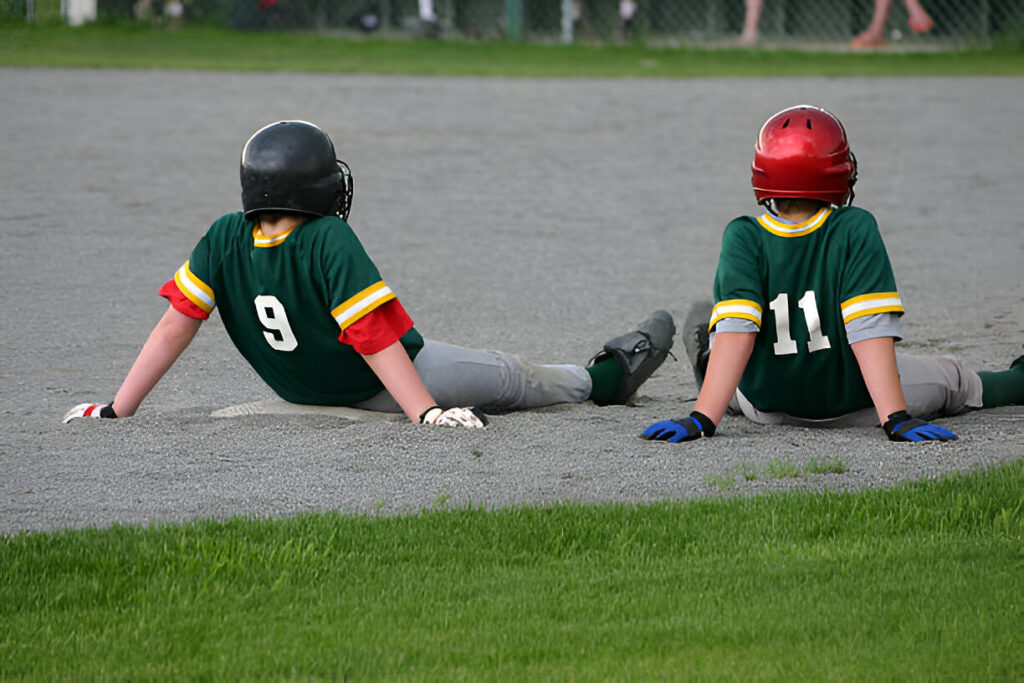There’s nothing quite like the experience of attending a live baseball game—the crowd’s excitement, the thrill of a home run, and the delicious smell of ballpark hot dogs. But what happens when that excitement takes a painful turn? Maybe a foul ball rockets into the stands, or a stray bat slips from a player’s grip and lands in your lap. If you’re injured at a baseball game, an expert Seattle Personal Injury Attorney emphasizes that it’s important to point out who’s responsible. Is it the team, the stadium, or the player, or is it just an unfortunate accident? Understanding liability in these situations is crucial, especially if you’re stuck with medical bills and lost wages. Let’s dive into the legal side of America’s favorite pastime.
The Baseball Rule: Assumption of Risk
One of the most important legal principles in baseball injury cases is the assumption of risk. This means that when you attend a game, you accept the sport’s inherent dangers—like foul balls flying into the stands. This principle is often called the “Baseball Rule,” which has been upheld in many court cases.
Most stadiums post warnings on tickets, signs, and even on the big screen, informing fans that a ball or bat may hit them. By attending, you acknowledge that risk and generally waive your right to sue for injuries caused by these common occurrences. However, this doesn’t mean you have no legal options if you get hurt.
When Can a Stadium or Team Be Held Liable?
While the Baseball Rule offers teams and stadiums protection, there are situations where they could still be held responsible for injuries. These include:
1. Insufficient Safety Netting
Teams must install protective netting behind home plate to shield fans from foul balls. However, if a stadium fails to install adequate netting or places fans in high-risk areas without proper protection, they could be liable for injuries.
In recent years, MLB teams have extended netting further down the foul lines to prevent serious injuries. If a stadium fails to comply with these safety measures and you get hurt, you may have grounds for a lawsuit.
2. Negligent Stadium Conditions
Aside from flying baseballs, fans can get hurt in other ways—like slipping on a wet floor, tripping over broken steps, or being hit by falling objects. If a stadium fails to maintain safe conditions and you’re injured as a result, the venue could be held responsible under premises liability laws.
3. Reckless or Intentional Player Behavior
While players are usually not held responsible for injuries caused during normal gameplay, there are exceptions. If a player throws a bat or ball into the stands out of frustration or intentionally interacts with fans harmfully, the injured party may have a case against the player or even the team.
4. Security Failures
Stadiums are responsible for providing a safe environment for fans, including proper security. If a fan is injured due to a violent altercation, an unruly crowd, or a lack of proper supervision, the venue could be liable for failing to prevent foreseeable dangers.
What If Another Fan Causes Your Injury?
Sometimes, injuries happen because of other fans—maybe someone carelessly throws a beer can, shoves you down the stairs, or swings their arm wildly while celebrating. In these cases, liability usually falls on the person who caused the injury. If the fan acted recklessly or intentionally, you may be able to file a personal injury claim against them.
If the incident happened due to excessive alcohol consumption, the stadium might share some responsibility, especially if they overserved the individual in violation of local liquor laws.
What Should You Do If You’re Injured at a Baseball Game?
If you suffer an injury at a game, take these steps to protect yourself and your potential legal claim:
- Seek Medical Attention – Your health comes first. Even minor injuries should be checked to prevent complications.
- Report the Incident – Notify stadium staff or security so they can document what happened.
- Take Photos and Gather Evidence – Capture pictures of your injuries, where the incident occurred, and any conditions that contributed to it.
- Get Witness Statements – If other fans saw what happened, ask for their contact information if you need statements later.
- Keep Your Ticket – Your ticket often has liability disclaimers printed on it, which could be relevant in a legal case.
- Consult a Lawyer – If you believe your injury was due to negligence, speaking with a Seattle Personal Injury Attorney can help you understand your options.
Conclusion
Baseball has unpredictable moments, but injuries shouldn’t be part of the game. While fans assume some risk when attending, stadiums, teams, and other attendees can still be held accountable in certain situations. If you’re ever hurt at a baseball game, don’t just assume you’re out of luck—explore your options, gather evidence, and consult with a legal expert to see if you have a case. Safety should be a priority for both fans and stadiums alike. So, next time you head to the ballpark, keep an eye on the game and your surroundings. You never know when a foul ball might be heading your way!


